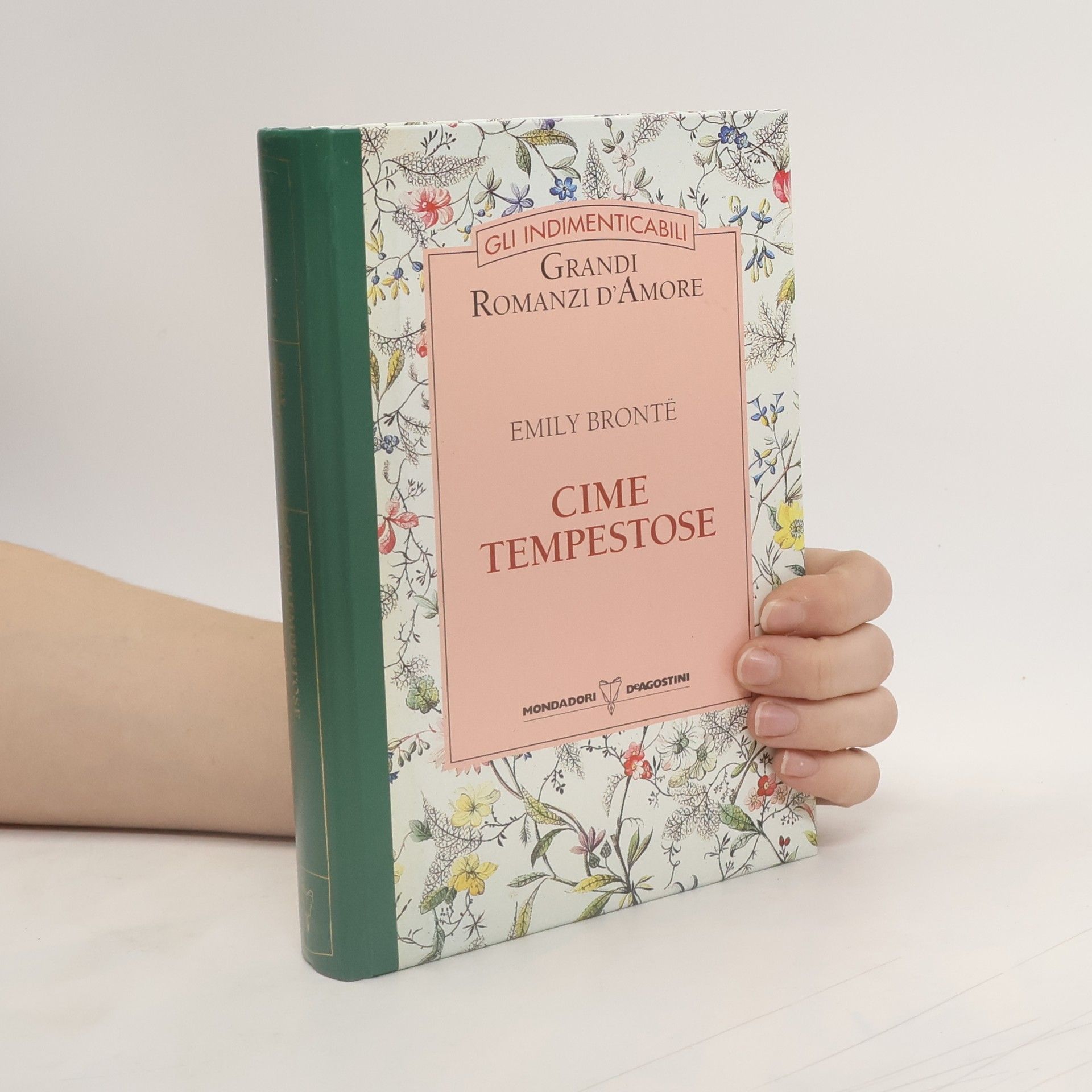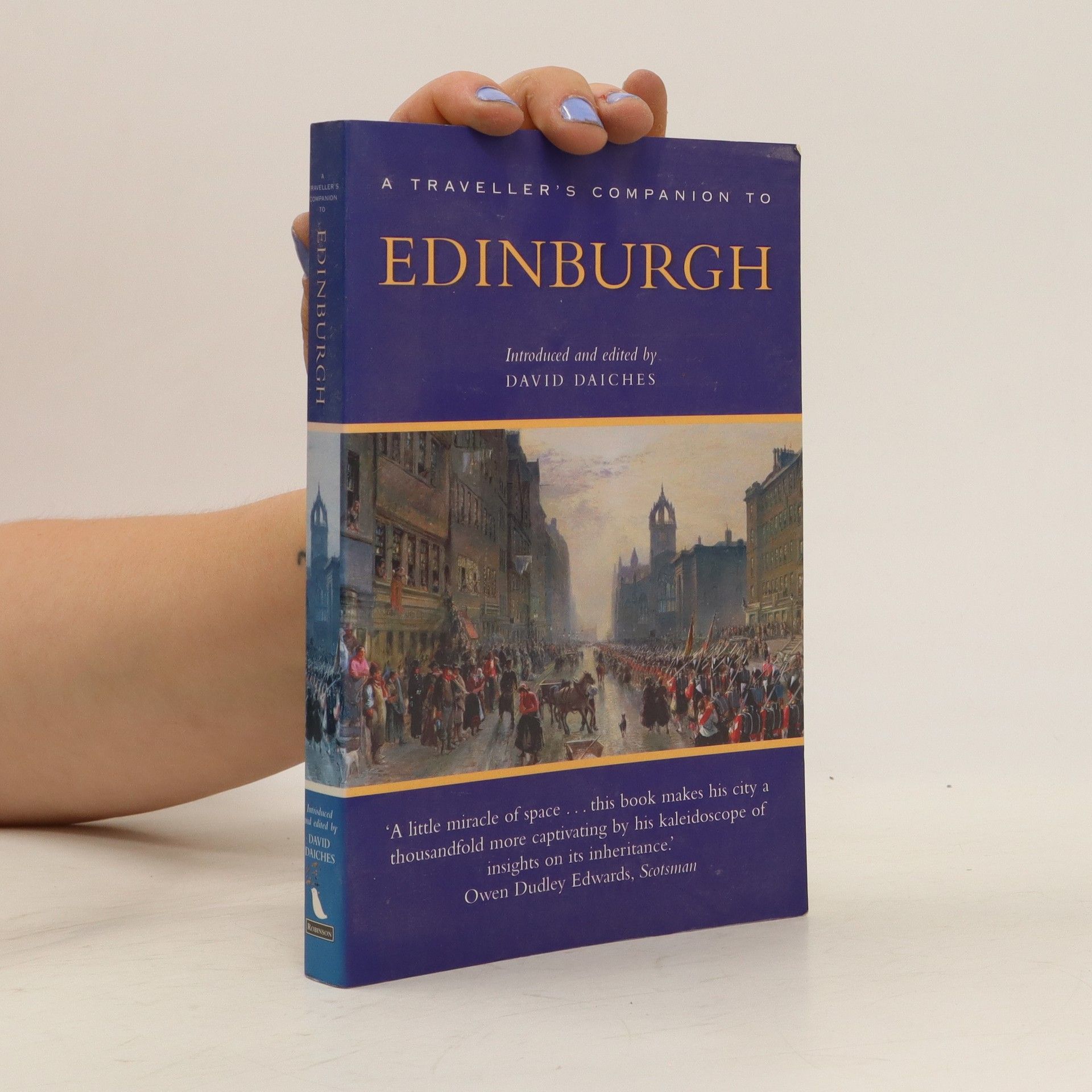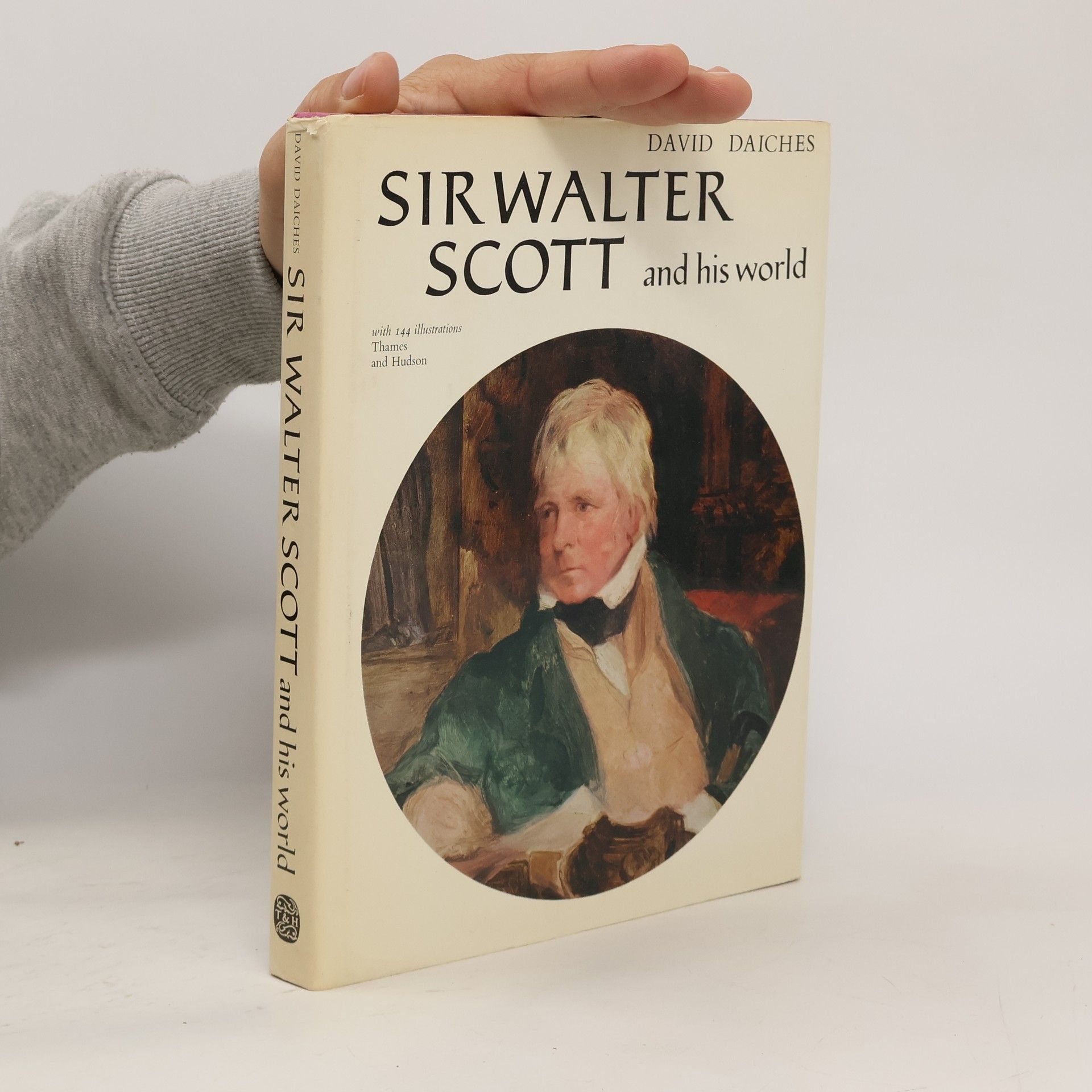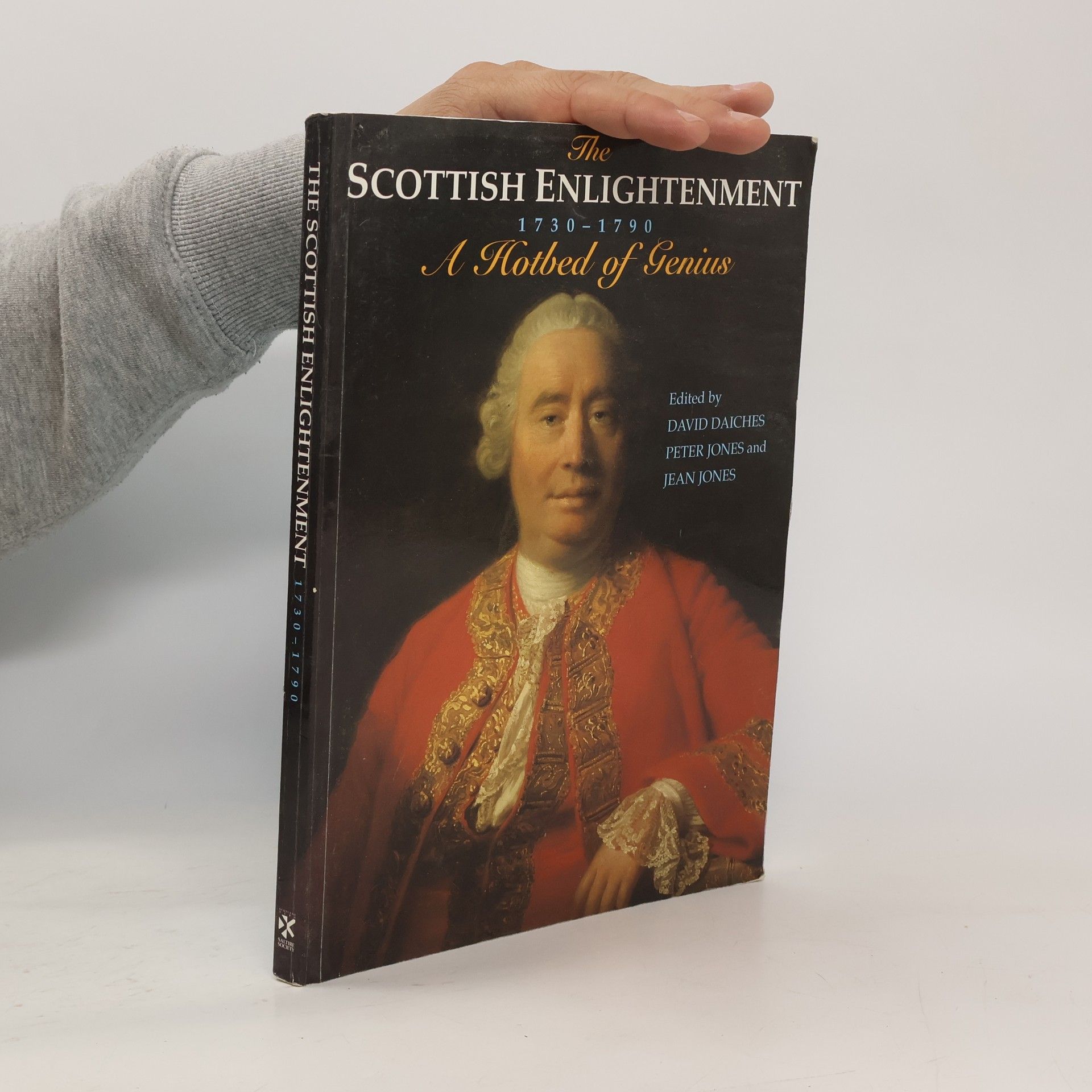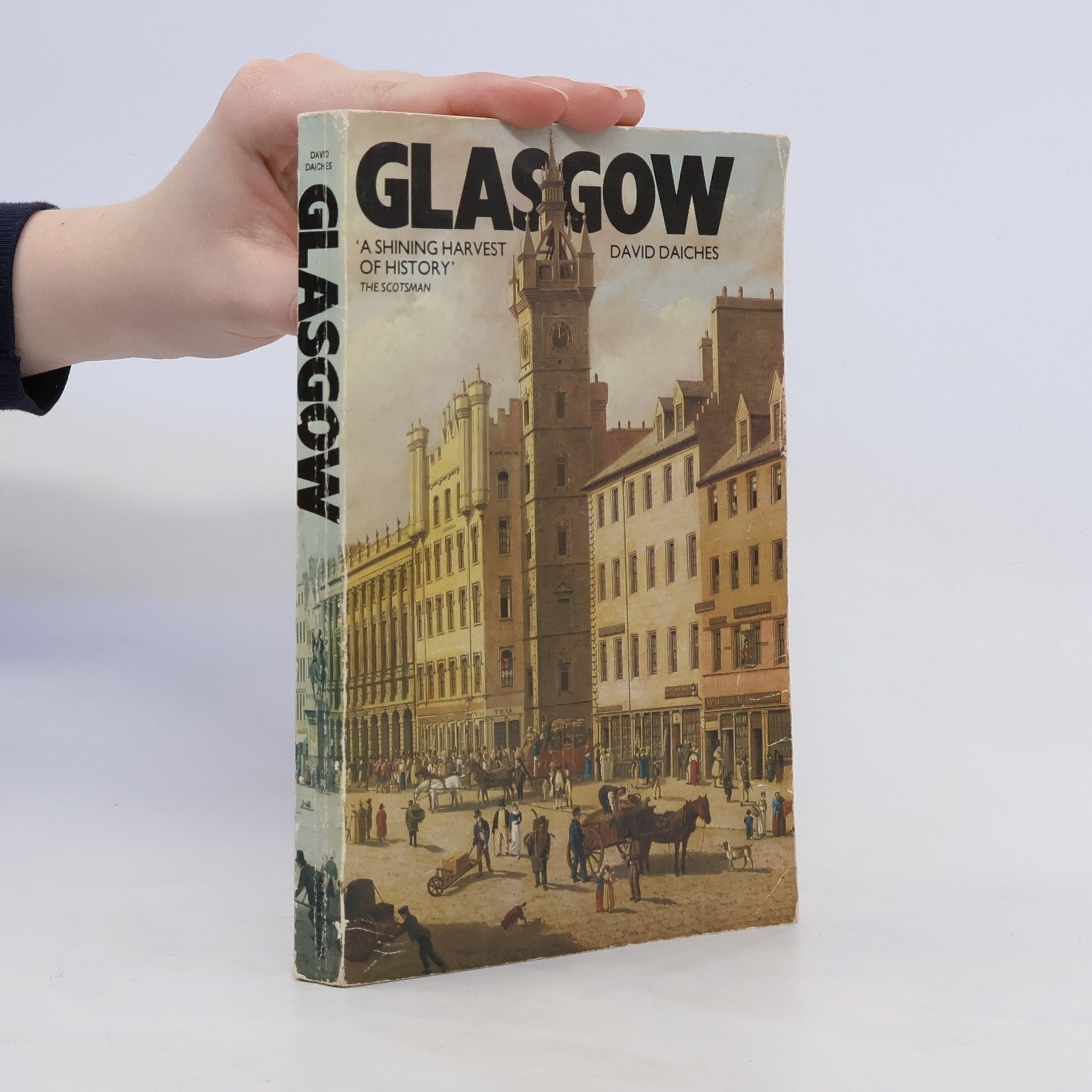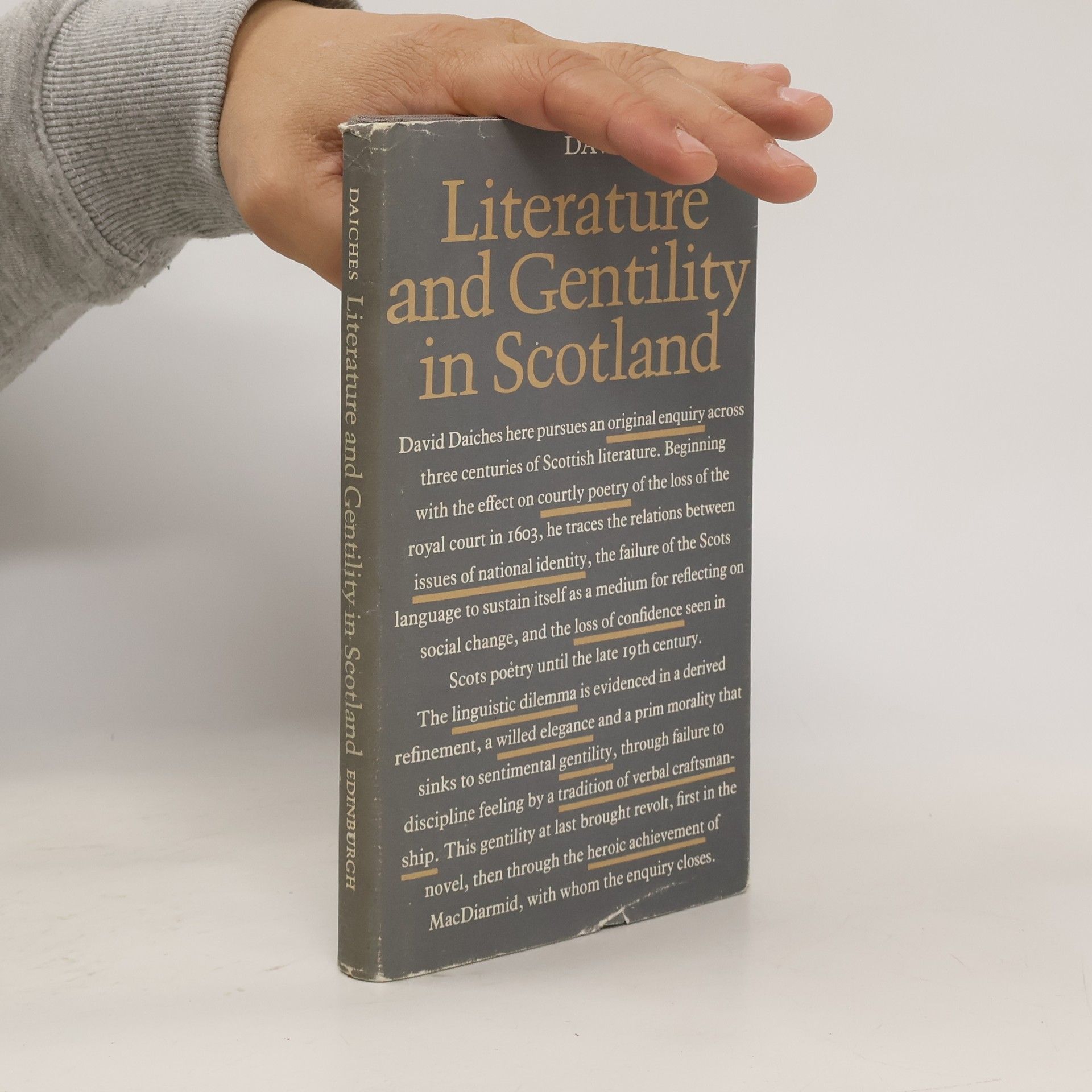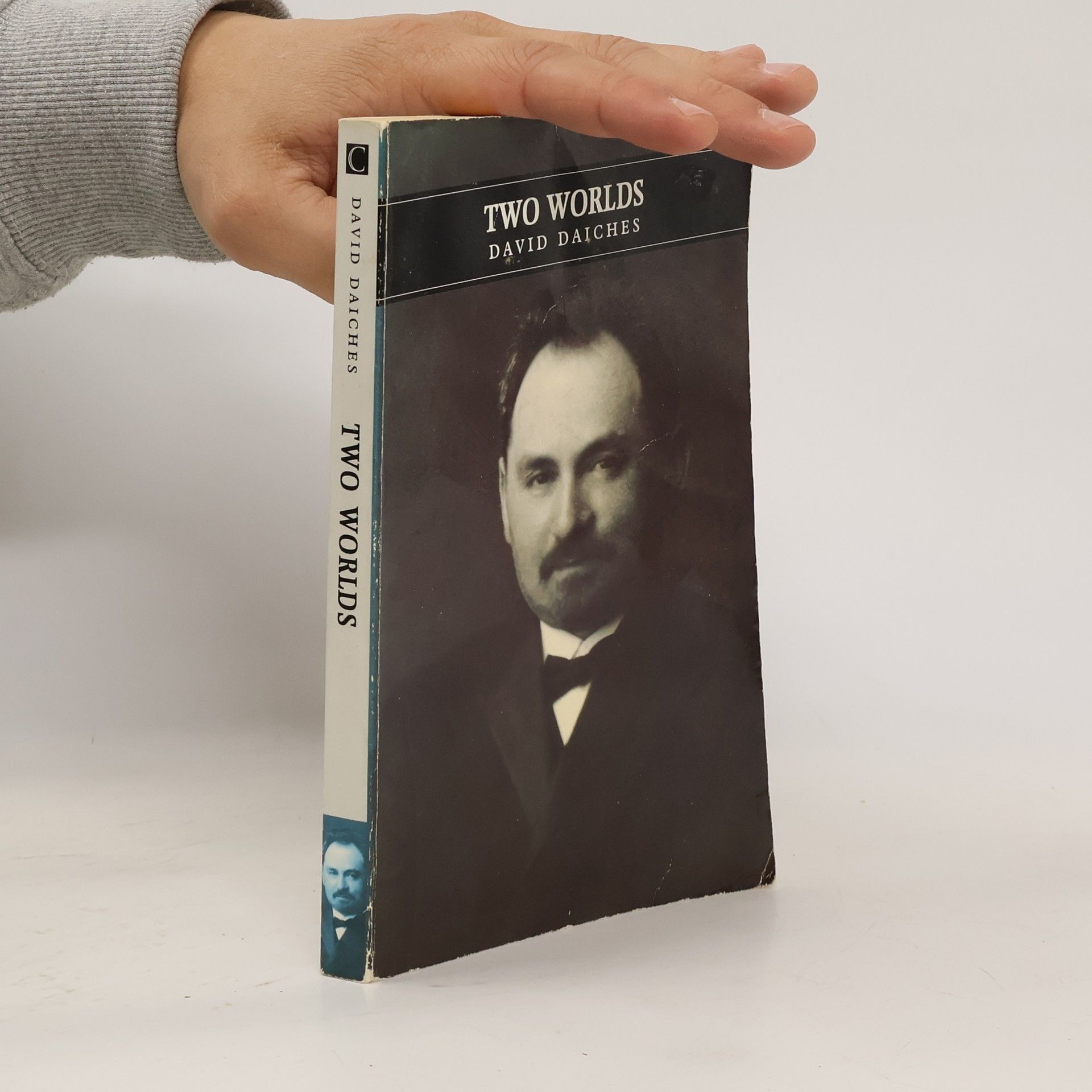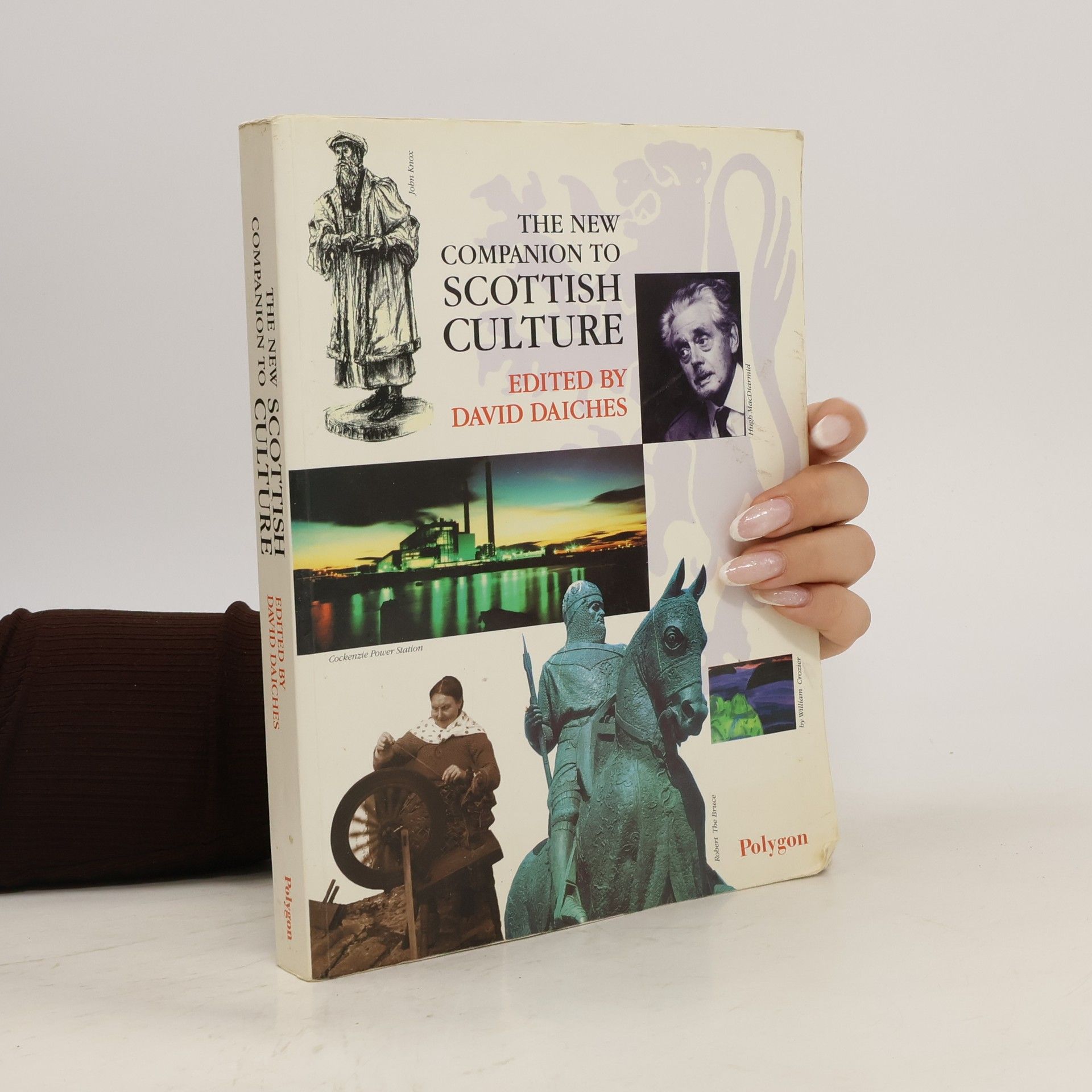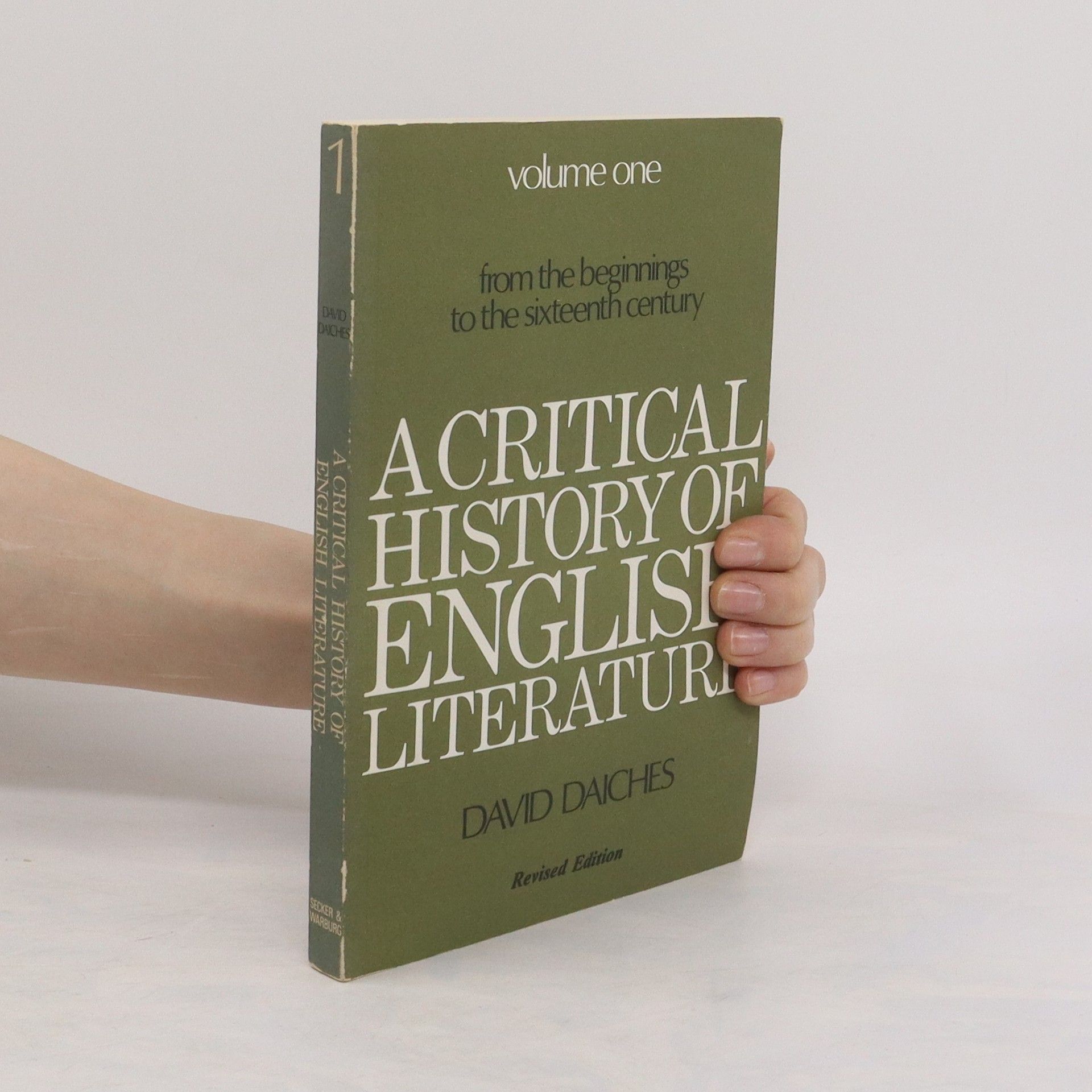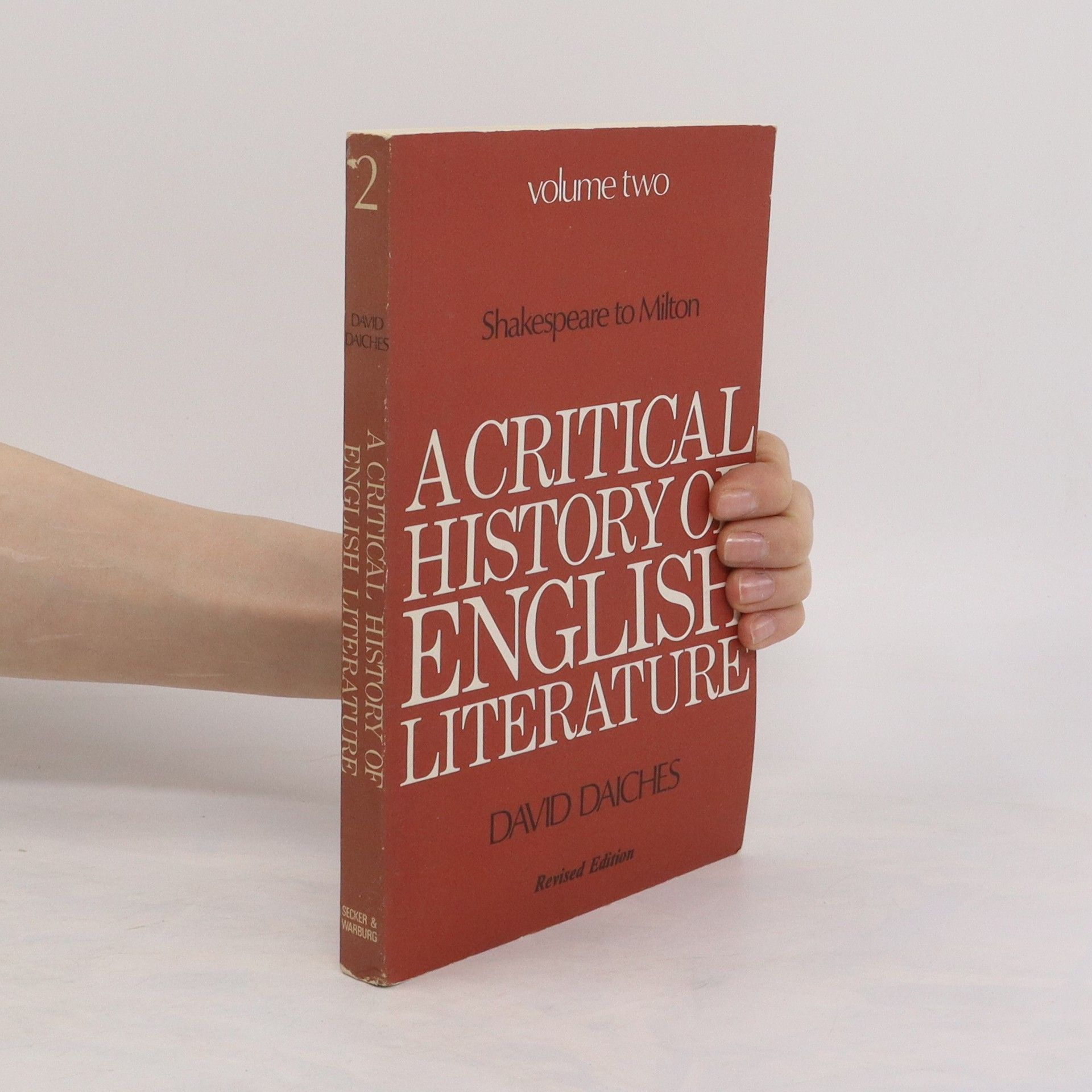A Traveller's Companion to Edinburgh
- 229pagine
- 9 ore di lettura
Edinburgh is a city whose history is written on its face. The Old Town on its crowded rock, sloping down from the Castle to Holyroodhouse, has not significantly changed its atmosphere since the turbulent fifteenth and sixteenth centuries, when riots, processions, or public executions jammed the High Street. And the very different era that followed the bloody religious wars of the seventeenth century is epitomized by the elegant streets and squares of the New Town - the eighteenth-century Enlightenment whose writers, philosophers and lawyers made Edinburgh famous. This anthology of extracts from letters, memoirs, diaries, novels and biographies of interesting visitors and inhabitants, including the writings of Scott, Boswell, Cockburn, John Knox and many others, recreates for today's visitors the drama, the history, and the life of the city in buildings and places that can still be visited. The daring Scottish recapture of the Castle from the English in 1313; the confrontation between Calvinist John Knox and Catholic Mary Queen of Scots in Holyroodhouse; an eye-witness account of the execution of Montrose at the Mercat Cross in 1650; reeking slop-pails in the wynds and polite manner
